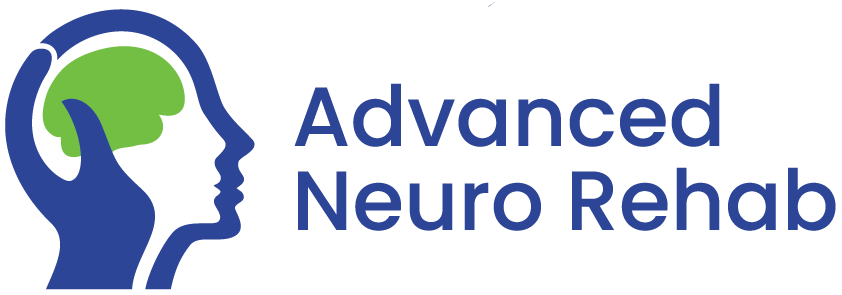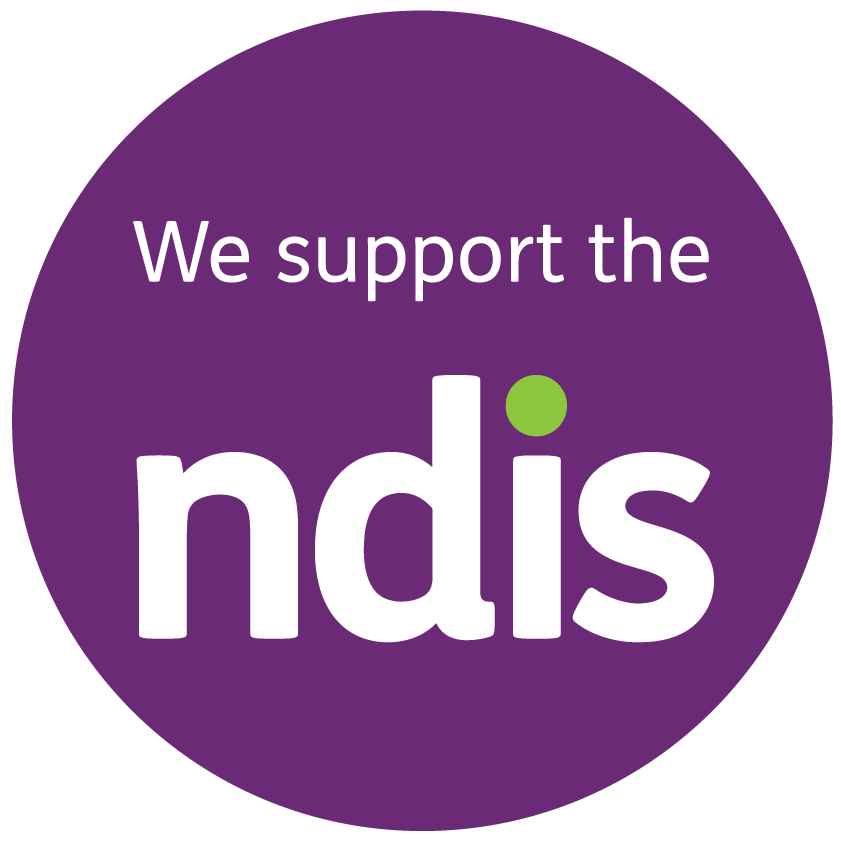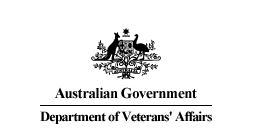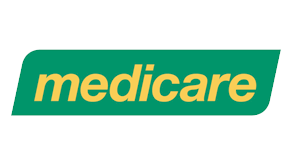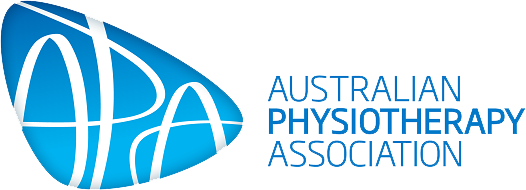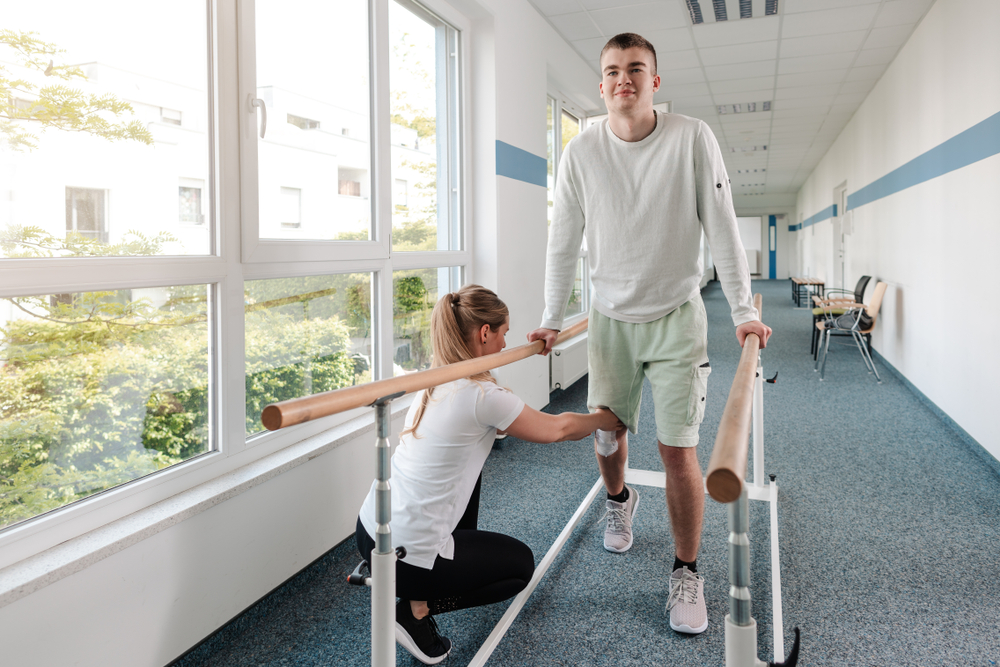
Neurological Physiotherapy
Brain Injury
An acquired brain injury occurs when there is damage to the brain that the individual isn’t born with, however obtained, following a specific event, injury or illness. The brain is an extremely crucial organ that controls virtually everything that we do, with specific regions usually corresponding to certain functions. These different areas work together to coordinate and optimise our function. Damage to the brain can usually occur following an accident, stroke, brain tumours, neurological conditions, infections, lack of oxygen as well as many other causes.
The structure of the brain is also extraordinarily complex and contains billions of nerve cells that transport messages to different areas of the brain and to different parts of our bodies. Considering this complex structure, it makes sense that brain injuries usually result in numerous disabilities. Disabilities that may occur following a brain injury may include:
- Movement difficulties
- This may involve muscle weakness (paresis) or changes to resistance (muscle tone) in muscles or not knowing how to perform a desired movement (apraxia).
- Speech difficulties
- Depending on what part of the brain that is affected, individuals may have difficulty understanding what someone is saying, developing the necessary sounds for talking, or have difficulty expressing the correct words or phrases (dysphasia).
- Fatigue
- Fatigue is extremely common following a brain injury due to the trauma and is a significant factor to consider in rehabilitation whilst the brain is recovering.
- Behavioural changes
- Certain areas of the brain control how we act upon our emotions and impulses as well as our judgement skills. When this part is affected, it can lead to impulsive behaviours, inappropriateness or even emotional lability.
- Changes to thinking or problem solving
- Comprehending multiple steps within an instruction or problem solving may change how an individual with a brain injury faces an unfamiliar situation. There are certain strategies that may be used to help aid individuals in these situations.
- Modified feelings or emotions
- This is important to understand as brain injuries can impact on our emotions, however the event and changes associated with brain injuries can also have significant impacts on the individual’s life, relationships, work etc. This can then also impact on mental health and lead to other difficulties in an individual’s recovery.
- Changes in blood pressure, breathing
- Essential functions that we usually do not have control over may also be impacted.
- Continence issues
- Difficulties controlling your bladder and bowel
Our primary role as Neurological Physiotherapists is to consider the various impairments you have that may be contributing to movement limitations to help you achieve your physical goals.
This may include focusing on improving your walking pattern, optimising your coordination to return to sport, improve your sitting balance so you can transfer in/ out of your wheelchair or focus on treatment to improve function of your arm or hand to hold a cup of tea. Brain injuries are diverse, so there is no set program for rehabilitation but an individualised approach based on your difficulties and what your goals are.
Neurological physiotherapy may also include symptom relief for things such as dizziness or pain, equipment prescription to assist with mobility or may even include referrals or joint sessions with other health professionals necessary for their recovery.
It is very important to continue with ongoing goal directed rehabilitation which can address the complex physical, cognitive and emotional signs and symptoms that can be associated with brain injury. We have experience and training in this specialist area, and can help establish an individualised rehabilitation program for you. We can assist with upper limb and hand function, balance, ataxia, spasticity, walking and running!
Advanced Neuro Rehab has been involved in some research supported by the Lifetime Support Authority looking into the factors that influence community mobility. Neurological Physiotherapists can provide rehabilitation for balance training, gait training, vestibular rehabilitation for dizziness as well as progressive strengthening and cardiovascular fitness programs. It is important however to identify those factors that most limit people’s ability to engage in activities of daily living, to maximise the benefit of physical rehabilitation. Our research found that all factors are important, however balance confidence and self confidence show the strongest relationship with activities and participation levels.
Links
